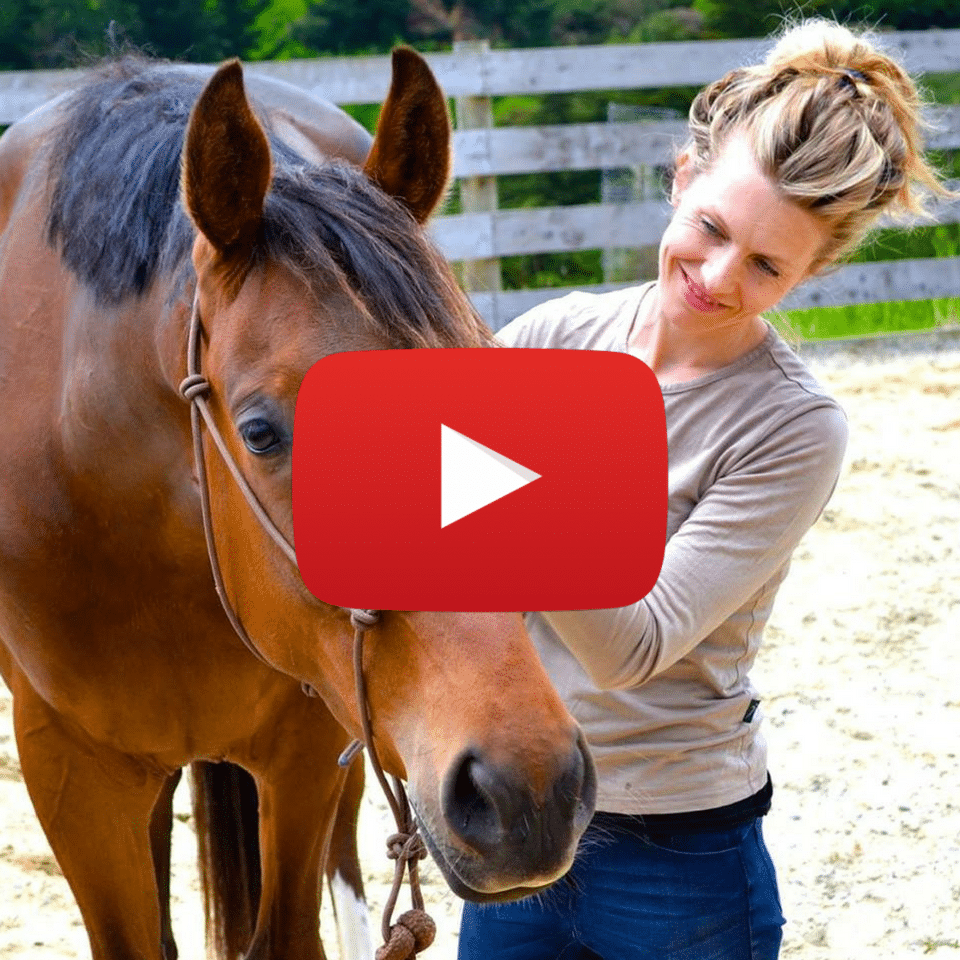I get asked from time to time how I deal with being online so much (as far as navigating the different conversations goes), and how I keep my centre when I come across things that are upsetting or that have the potential to push my buttons.
From a business perspective, it’s becoming less and less unique to have a business that operates in the online space but beyond that, I think most of us are in a position where we are spending enough time of social media to consider this a worthy conversation. So, with that in mind, I thought that I would share some rules, realisations and understandings that I remind myself of if ever things get a little wonky.
1. It’s all about you (in the best possible way)
My reactions and responses say everything about me and nothing about the other person. If I find myself being pulled out of alignment by someone else’s comments or happenings, I need to let go of any need for them to change and instead, look to myself.
It might be that I need to put a boundary in place; it might be that I need to step out of the story and remedy my own default patterning before I re-engage (if, indeed, that’s necessary); or perhaps it’s best served by just walking away.
In any case, I am the agent of change. I am the one that takes action… without the expectation of anything or anyone around me changing at all.
2. Do I have an invitation?
This one is a lifesaver. If I come across a post, comment, or story online that I have an opinion about, before I share it, I ask myself, have I been invited to do so? More often than not, I haven’t.
If you aren’t invited to share your thoughts (by way of the post being framed as a question or being specifically asked for your advice), then… don’t share them. Even with the best of intentions, without an invitation, your thoughts are an imposition.
Even if your motivation is to help, without the invitation to do so, you are more likely to cause defensiveness than anything else. Which makes the whole exercise a waste of both of your time.
3. Yes… but what about the horses?
I know what you’re saying. That’s all well and good Jane, but what about when there is a horse involved, and the actions are causing harm?
I hear you. And of course, nothing is black and white. There are times when intervention is necessary… and you’ll know when that is.
What I’m talking about are the comments and opinions we feel the need to share when we see something we disagree with or are concerned by. And then thing is, without the above (without looking to yourself and your own patterns, and without an invitation) you are unlikely to create positive change anyway.
These days, I flip the coin on things like that I see. I use what I don’t like as the fuel and motivation to post, share and express more of what I do like. I do my best to model what I value and hold true.
It’s the “promote what you love instead of complaining about what you hate” approach, and I find it to be the most strengthening approach for me.
4. It’s not my job (or yours) to fix anyone
This one is kind of a big deal. From a coaching perspective (and beyond that, from a human perspective), I know that it’s not my job to fix anyone. I can offer my thoughts, learnings, understanding and support. And they are there to be taken, applied and integrated, at the choice and discretion of those I’m working with.
There is no hierarchy to the relationship; we are simply adventuring together.
If I assume the position of “fixing”, I firstly assume that I am capable of that (a very narcissistic position to take) and by default, the assumption is that whoever I am working with needs to be fixed (also false).
Engaging in coach/student relationships where there is a hierarchy present and where the implication is that the coach or teacher has all the answers only creates disempowerment. If our role is to uplift, then the model of teaching needs to be founded on the premise of individual empowerment (as loaded as that word is these days).
If you aren’t empowering those around you, then we need to look to how we are using others to fulfill our own needs (and this also reflects in the patterns and behaviors we see pulsing through the online space).
It’s a big conversation, but an important one.
So there’s a snapshot for you.
Look to yourself…
See if you’re invited…
Promote what you love…
Empower others…
Onwards.
❤️ Jane

